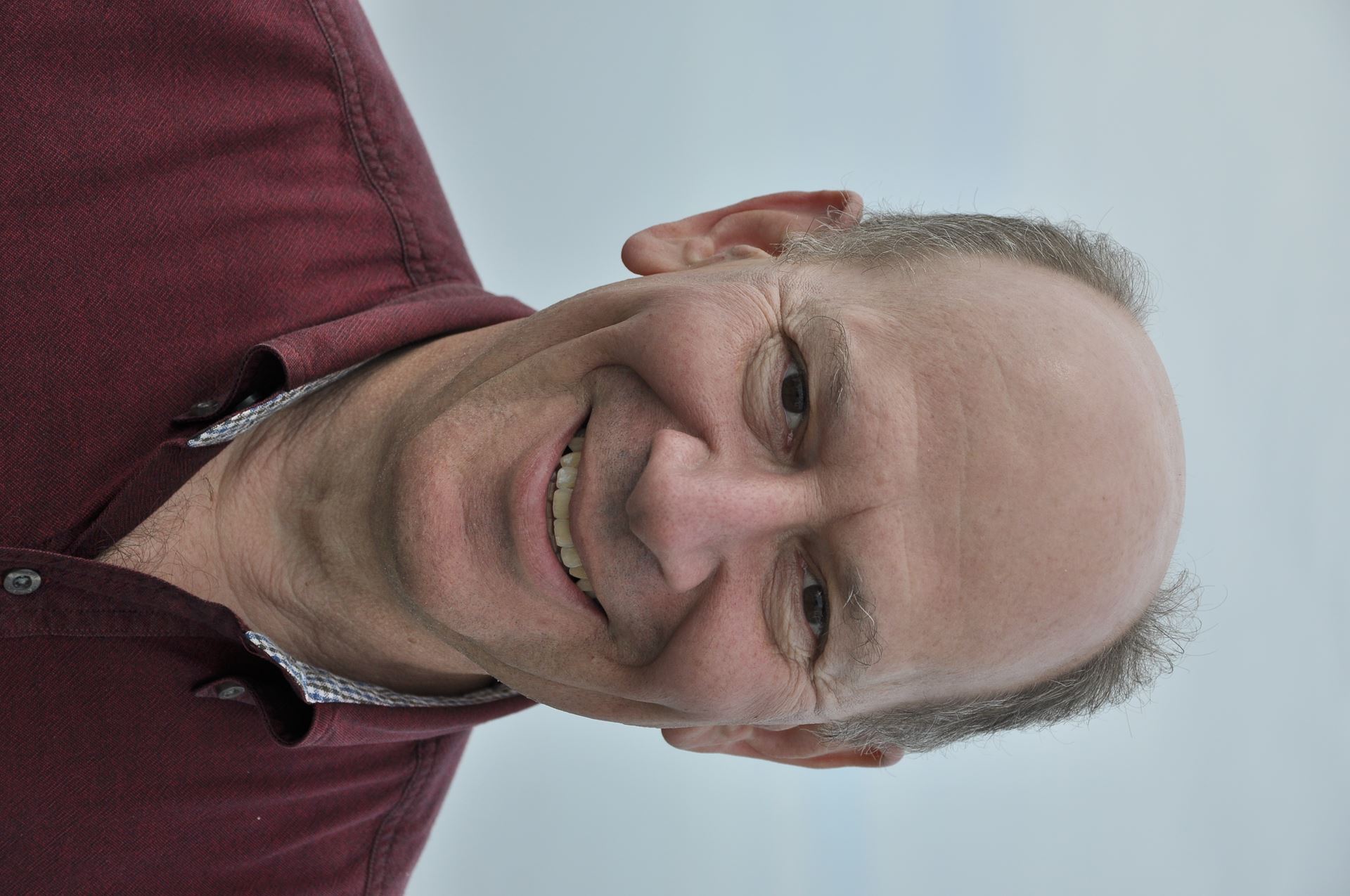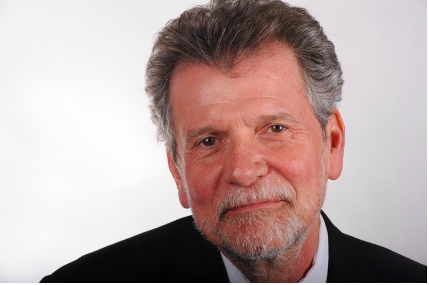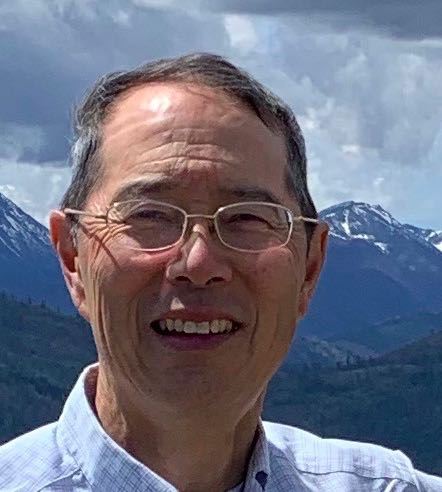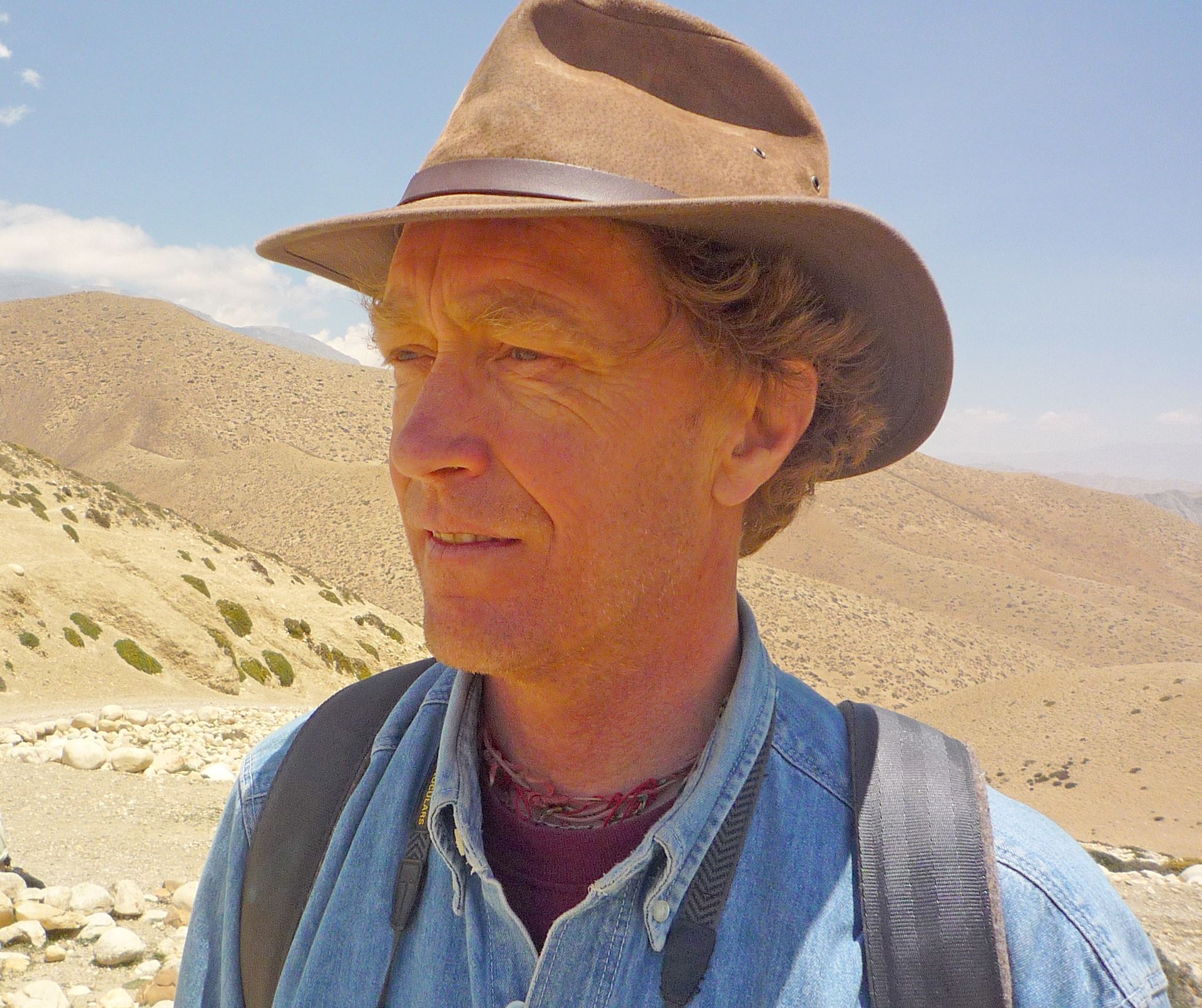- HOME
- Half Earth: Conserving Biodiversity From the Deep Sea to Mt.Everest
HALF EARTH: CONSERVING BIODIVERSITY FROM THE DEEP SEA TO MT. EVEREST
Thursday, October 20th, 2022, 7-8:30pm ET
.jpg)

In his 2016 book Half-Earth: Our Planet's Fight for Life, Harvard biologist Edward O. Wilson (1929-2021) proposed that half of Earth’s surface, both terrestrial and marine, be designated as a natural reserve to safeguard the remaining biodiversity of the planet, including ourselves. Today about one-sixth of land and one-twelfth of marine areas receive (on paper) protection of the kind Wilson envisioned. Tough economic, social, political, and psychological forces work to impede any further expansion of protection.
During the coming year panel discussions among HR73 classmates who have worked towards environmental conservation and in related fields, along with current Harvard faculty, will explore the background, merits, and feasibility of “Half-Earth.” These conversations will lead, we hope, to collective action and to exciting activities at our 50th Reunion.
ClassACT HR73 invites everyone to register below for the initial Zoom Forum, which aims to scope the challenges we face in the protection of Nature. We are proud to announce that this Forum will feature five classmates: moderators Jesse Ausubel (oceans) and John Kress (tropical forests), plus Brot Coburn (mountains), Sharon Tisher (climate change policy), and Deane Wang (temperate ecosystems). We hope you can participate.
CLICK HERE FOR THE RESOURCES PAGE
We have created 15 videos from this conversation—one of the whole event, and 14 others, divided by question, starting with what we can do as citizens. They are all available by clicking on the playlist in the YouTube video screen below. The playlist is very hard to see! You will find it along the top of the screen just to the right of the title of the forum. It looks like this ≡.
Click on the ≡ button. That will open a drop down menu. You can then scroll down the menu and choose individual videos to play.
OUR MODERATOR AND PANELISTS
MODERATOR JESSE H. AUSUBEL HR73

 Dr. W. John Kress is Distinguished Scientist and Curator Emeritus at the Smithsonian’s National Museum of Natural History. He was Curator of Botany for over thirty years and formerly served as the Interim Under Secretary for Science at the Smithsonian and Director of Science in the Grand Challenges Consortia at the institution. He is currently Co-Chair of the Earth BioGenome Project, an international effort to generate complete genomes for all species of plants, animals, and fungi on the planet. Dr. Kress received his education at Harvard University (B.A., 1973) and Duke University (Ph.D., 1981), where he studied tropical biology, ethnobotany, evolution, and ecology. His taxonomic work on the Zingiberales, a group of tropical plants that includes gingers, bananas, and heliconias, has taken him around the world collecting plants and discovering new species. Dr. Kress was instrumental in developing the genetic tool known as “DNA barcoding” for plants, which allows the accurate identification of plant species using a short, universal segment of DNA sequence. His current research is focused on biodiversity genomics, conservation, and the Anthropocene. Among his over 250 scientific and popular papers are his books Plant Conservation – A Natural History Approach, The Weeping Goldsmith, The Art of Plant Evolution, Botanica Magnifica, and The Ornaments of Life - Coevolution and Conservation in the Tropics. His most recent book is Living in the Anthropocene – Earth in the Age of Humans about climate change and society. Dr. Kress is currently writing The Smithsonian Guide to Trees of North America to be published by Yale University Press. He is a Fellow of the American Association for the Advancement of Science and received the Parker-Gentry Award for Biodiversity and Conservation from the Field Museum of Natural History and the Edward O. Wilson Biodiversity Technology Pioneer Award. As well as serving as Affiliate Faculty at George Mason University, he is Visiting Scholar at Dartmouth College and the Arnold Arboretum of Harvard University. He lives in Dorset, Vermont, with his wife Lindsay L. Clarkson, MD.
Dr. W. John Kress is Distinguished Scientist and Curator Emeritus at the Smithsonian’s National Museum of Natural History. He was Curator of Botany for over thirty years and formerly served as the Interim Under Secretary for Science at the Smithsonian and Director of Science in the Grand Challenges Consortia at the institution. He is currently Co-Chair of the Earth BioGenome Project, an international effort to generate complete genomes for all species of plants, animals, and fungi on the planet. Dr. Kress received his education at Harvard University (B.A., 1973) and Duke University (Ph.D., 1981), where he studied tropical biology, ethnobotany, evolution, and ecology. His taxonomic work on the Zingiberales, a group of tropical plants that includes gingers, bananas, and heliconias, has taken him around the world collecting plants and discovering new species. Dr. Kress was instrumental in developing the genetic tool known as “DNA barcoding” for plants, which allows the accurate identification of plant species using a short, universal segment of DNA sequence. His current research is focused on biodiversity genomics, conservation, and the Anthropocene. Among his over 250 scientific and popular papers are his books Plant Conservation – A Natural History Approach, The Weeping Goldsmith, The Art of Plant Evolution, Botanica Magnifica, and The Ornaments of Life - Coevolution and Conservation in the Tropics. His most recent book is Living in the Anthropocene – Earth in the Age of Humans about climate change and society. Dr. Kress is currently writing The Smithsonian Guide to Trees of North America to be published by Yale University Press. He is a Fellow of the American Association for the Advancement of Science and received the Parker-Gentry Award for Biodiversity and Conservation from the Field Museum of Natural History and the Edward O. Wilson Biodiversity Technology Pioneer Award. As well as serving as Affiliate Faculty at George Mason University, he is Visiting Scholar at Dartmouth College and the Arnold Arboretum of Harvard University. He lives in Dorset, Vermont, with his wife Lindsay L. Clarkson, MD.
CALLS TO ACTION
- We aim to create a ClassACT HR73 sponsored initiative with the help and action of all those listening to the discussion. We do not expect to solve this problem ourselves, but we do plan to have an impact on finding a solution. If what you have heard has inspired you at all, please get in touch and we will respond with ideas.
- Also be aware that the Climate Change and Environment Working Group who planned this forum will be following up with a second forum in a few months that will focus more on the societal, economic, political and policy issues surrounding the feasibility of the concept of Half-Earth. Please stay tuned.
DEANE WANG HR73
 Deane Wang has taught courses relating to ecology and education including conservation, greening, systems, and sustainability. Working with graduate students (ecological planners and field naturalists), he emphasized service-learning and experiential learning. He also helped create and support an undergraduate summer service corps called LANDS. His research has been on biogeochemistry and nutrient cycling at the ecosystem and landscape levels, and more recently on sustainability and education. He has been a research associate at Yale and the Institute for Ecosystem Studies, an assistant professor at the University of Washington, and an associate and acting dean at the Rubenstein School of Environment and Natural Resources at the University of Vermont.
Deane Wang has taught courses relating to ecology and education including conservation, greening, systems, and sustainability. Working with graduate students (ecological planners and field naturalists), he emphasized service-learning and experiential learning. He also helped create and support an undergraduate summer service corps called LANDS. His research has been on biogeochemistry and nutrient cycling at the ecosystem and landscape levels, and more recently on sustainability and education. He has been a research associate at Yale and the Institute for Ecosystem Studies, an assistant professor at the University of Washington, and an associate and acting dean at the Rubenstein School of Environment and Natural Resources at the University of Vermont.
CALL TO ACTION
- Collaboration - Speaking for myself as a scientist, I know that I am too one-dimensional to know how to reach out to more of the US public, and spin the story of biodiversity and the quality of human life on Earth. As an example, the Population Media Center has honed its story-telling at the local level to change the lives of tens of thousands of people. Are there storytellers out there who sympathize with global biodiversity?
SHARON S. TISHER HR73, J.D.
.jpg)
CALL TO ACTION
- Support a local response through community-based land trusts such as OronoLand Trust and Land for Maine’s Future program. Find your local land trust here.
BROT COBURN HR73
 Broughton Coburn, of Wilson, Wyoming, is a Visiting Assistant Professor for Colorado College, and has worked in Nepal, Tibet and India for more than two of the past four decades, overseeing development and environmental conservation efforts with the World Bank, UNESCO, United Nations Development Program, World Wildlife Fund, and other agencies. He has written or edited nine books, including the two national bestsellers, National Geographic Books’ Everest: Mountain Without Mercy, and a collaboration with Jamling Tenzing Norgay, Touching My Father’s Soul: A Sherpa’s Journey to the Top of Everest. Among other appointments, he is on the Advisory Board of the Northern Rockies Conservation Cooperative.
Broughton Coburn, of Wilson, Wyoming, is a Visiting Assistant Professor for Colorado College, and has worked in Nepal, Tibet and India for more than two of the past four decades, overseeing development and environmental conservation efforts with the World Bank, UNESCO, United Nations Development Program, World Wildlife Fund, and other agencies. He has written or edited nine books, including the two national bestsellers, National Geographic Books’ Everest: Mountain Without Mercy, and a collaboration with Jamling Tenzing Norgay, Touching My Father’s Soul: A Sherpa’s Journey to the Top of Everest. Among other appointments, he is on the Advisory Board of the Northern Rockies Conservation Cooperative.
CALL TO ACTION
- Support organizations like the Snow Leopard Conservancy, Yellowstone to Yukon (Y2Y) initiative, Vital Ground, and the Northern Rockies Conservation Cooperative.
CLASSACT HR73'S CALL TO ACTION

This forum is the first activity of the ClassAct HR73 Climate Change and Environment Working Group that seeks to focus on projects that will advance our engagement over all issues confronting our planet and society today. If you are interested in taking part in these discussions and contributing to the Working Group in any way and are a member of the Class of 73, please get in touch.
The Working Group is also now exploring additional actions that we can collectively take to address these issues in a broader way across the Harvard community and outside. And we are seeking people to help us succeed. We do not really know what these actions are going to be, but judging the success of this forum tonight, we believe that there is a range of activists who are ready to help. You do not have to be a climate expert or scientist or educator or policy maker to participate. You just have to be interested in getting something done in this arena. If you are interested and supportive, send us an email to the ClassACT email address: classacthr73@gmail.com, and we will get right back to you.


